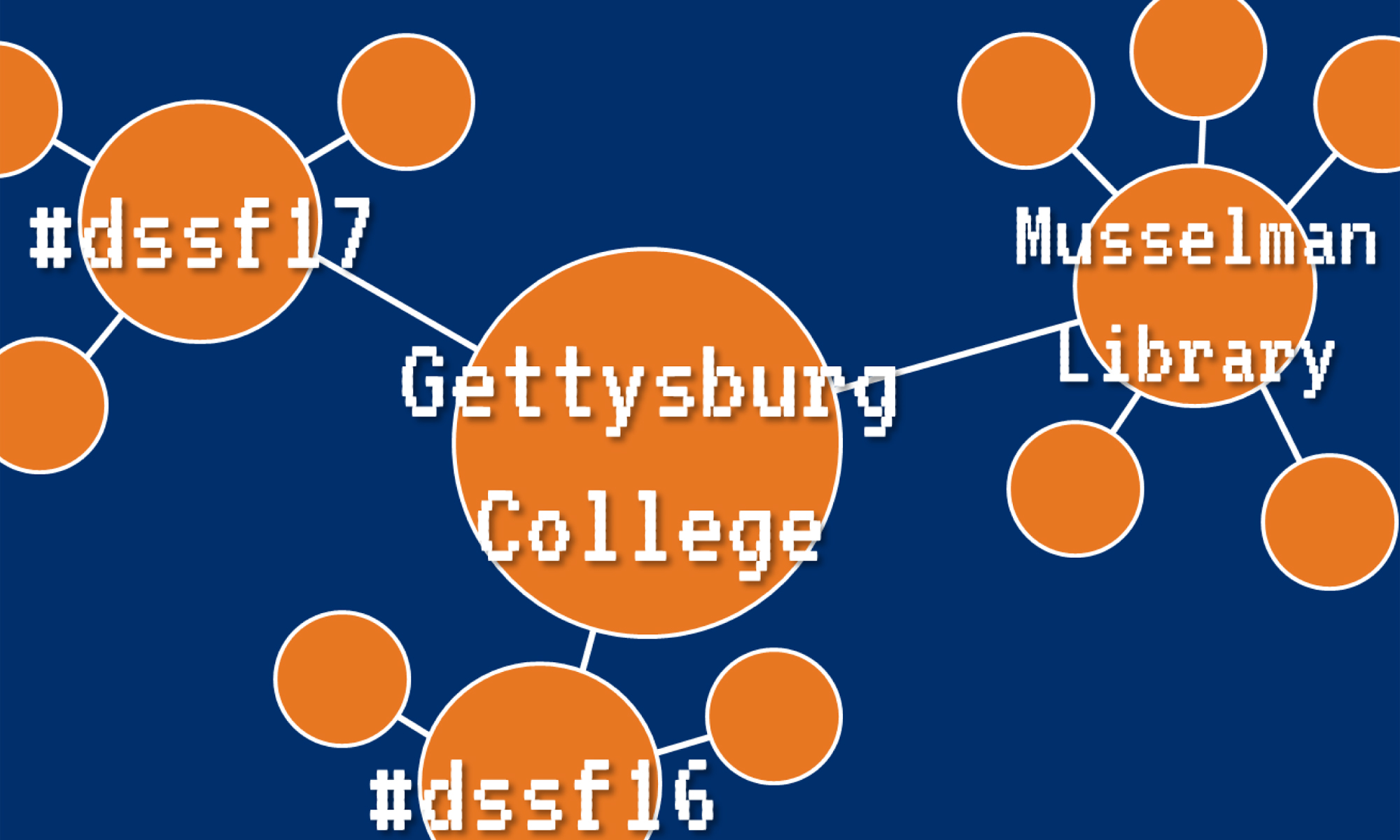Defining a nebulous term like “digital scholarship” or “digital humanities” is quite hard. Digital Scholarship comes in many shapes and forms, and people hold different personal definitions of the subject. In readings by Amanda Visconti, Lisa Spiro, and Paige Morgan, examples of digital humanities projects were given, and they all varied greatly. Digital scholarship or humanities have potential to be a continual group reading of James Joyce’s Ulysses, an archive of tweets about current social events for posterity, and many other things. Spiro’s in particular focused not on the format, but the content and values that went into creating a project, like collaboration and experimentation. No two DH projects are alike, however, they all use similar key elements to guide their work. The combination of these aspects creates DH, which I define as
an endeavor that utilizes digital tools and platforms to enhance creations, are open to a larger community and perspectives, and are informed through risks and experimentation.
All this said, this definition does not encompass all of my thoughts on the subject or the many definitions that exist elsewhere. DH and DS are still being cemented as ideas, and it will change as time goes on. I do not expect this definition to remain as it is by the end of this fellowship. Like any good DH project, this definition has the ability to evolve and change as more knowledge and perspectives inform me throughout this experience.
Even with a definition, it is hard to really pin down exactly what DH is. Projects can have elements of DH in them, but that does not mean they are DH outright. We had a lengthy debate about whether the creation of metadata for digitized collections counts as Digital Scholarship. Certainly, elements are there, and it is explicitly digital. Those who worked in Special Collections, however, argued against its inclusion. They argued that what they did, what choices they made, were not explicitly DH, as they did not intend them to be.
That is most important- intent. As long as a project incorporates values and aspects of DS and DH with the intent to be so, it can be considered so. It is counter intuitive to debate the exact nature of digital scholarship and humanities. The field encompasses so much, and is still changing, still becoming. That is why it is hard to define. Over the summer, I will look to values of DH to guide my work. I will collaborate, experiment, and utilize the community built here. In the end, my project may not fit all definitions of DH, but that should not discredit it. The intent and values driving DH research are complex, individualized, and make it hard to define. They also make DH what it is, and I look forward to working with it. I will refine my definition, learn how to connect and communicate, and let the values drive me to do better work. DH is going to be great.
By Emma Lewis
